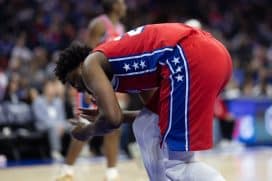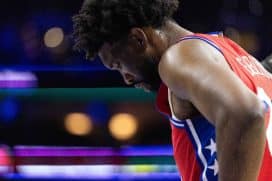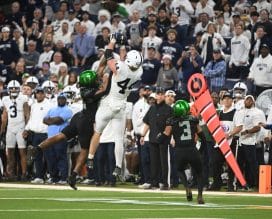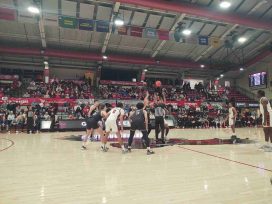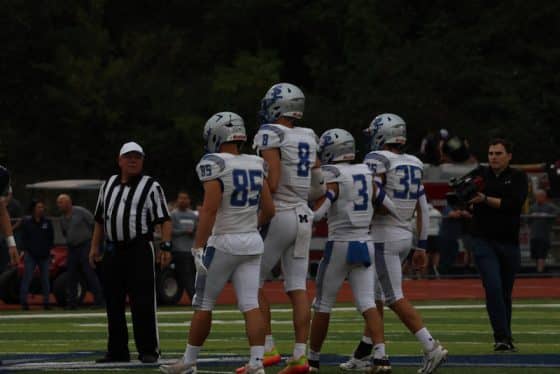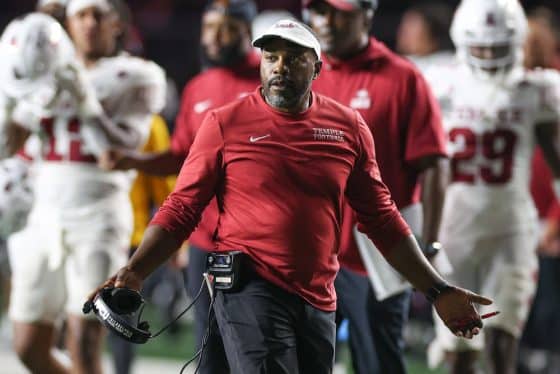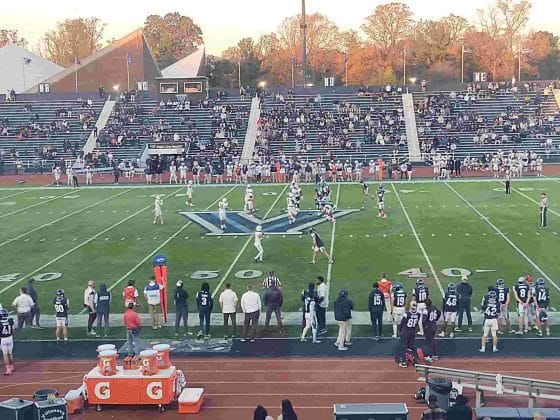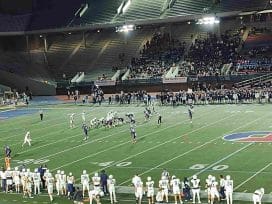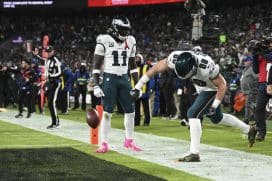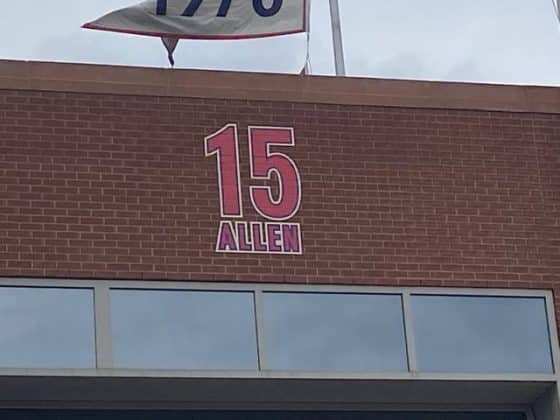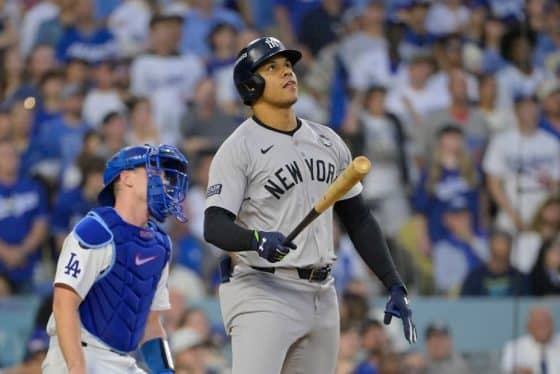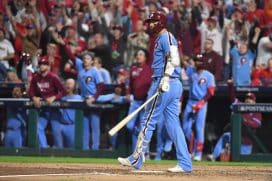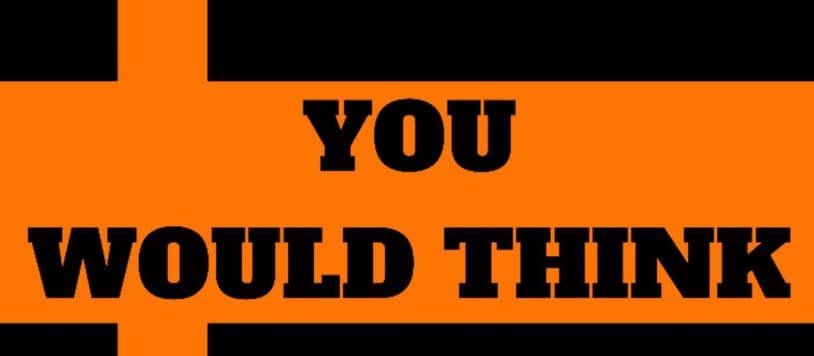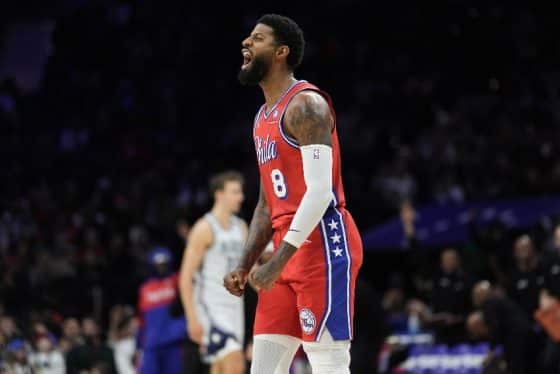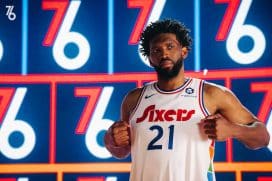Writer: Frank Klose
So, Did Phillies’ Ruben Amaro Screw Ryan Madson, or Did Scott Boras Screw Madson?
Posted by Frank Klose
Some thoughts on the Ryan Madson situation as I sit and eat during my lunch break:
Ryan Madson was a career Philadelphia Phillie. With the possible departure of Jimmy Rollins, only Chase Utley would have been a longer-tenured Phillie had Madson re-signed.
Now, Ryan Madson's Phillies career is over and he is upset.
Going into the offseason, I really felt that the Phillies and Madson would continue their relationship. Madson seemed to love being a Phillie, conversing with the Phillies fans during batting practice and while in the bullpen, and signing autographs for kids during games. So, what exactly happened?
ESPN's Jim Bowden, former General Manager of both the Cincinnati Reds and Washington Nationals is under the belief that the Phillies used Ryan Madson in an almost underhanded way to land Jonathan Papelbon. I tend to disagree with the case, but based on the facts available from both Bowden and Jim Salisbury.
So, what happened? The following has been reported:
Scott Boras initially wanted a five-year contract from the Phillies.
As we have heard frequently heard, Ruben Amaro wanted three years. Eventually, Bowden says, they came to an understanding that it would take four years to agree on a deal.
Ruben Amaro increased his offer from $9 million per year to $11 million per year
In late discussions November 7th, Amaro agreed to move from his target number of $9 million per year.
Ruben Amaro at some point in this discussion may have mentioned he would need to seek ownership approval
Bowden writes, "During my 15 years as a GM…on two occasions I made an offer to a player that I definitively said was pending ownership approval. His response to me both times was that [Boras] wouldn’t even take the offer to the player until ownership approved it first."
So, if indeed coming to the understanding that four years, $11 million per year is what it would take to sign Madson, Boras never would have presented the offer to Madson if following earlier practices.
In my tenure selling appliances it was common that a customer, even though we negotiated a price, would say, "I need to talk this over with my wife." In some ways that meant, "I understand what it will take to make a deal, but I need to think this over some more, and see what my wife thinks about it."
Amaro does not make decisions on his own, though he hs plenty of power to make decisions. At this point he could have talked it over with his baseball people, especially if he had a "I need to talk to my wife" moment where he had to leave the negotiation to talk things through. Something must not have sat right with Amaro at that time.
Bowden reports that "concurrently" the Phillies were talking to Papelbon and others. Is it that so much of a stretch to believe that someone said, "If we're going to go this far for Madson, why not just a little bit more for Papelbon?"
Many criticize the Papelbon deal, but applying 90% of those arguments would equally apply to a $44 million Madson deal over four years.
Was a deal struck? Bowden thinks yes, Amaro says no; did a counter-offer kill it?
Bowden is critical of the Phillies in this situation, stating,
"…simple business etiquette dictates if an offer is extended by the general manager, the organization needs to live up to that offer, otherwise it never should have been made in the first place."
Amaro denies there was ever an agreement, though reports suggested they agreed on four years and $44 million.
In fact, Jon Heyman of SI.com says that Madson was presented with a four-year, $44 million offer by his agent Scott Boras. Heyman indicates that Madson accepted, as long as there was a vesting option for a fifth year and $13 million. Had this been the case, no, that does not constitute an agreement unless Amaro agreed to that vesting option. It sounds like he did not.
Bowden does say, "Montgomery and Amaro are men of high character and integrity, and this isn’t how they normally do business." Maybe it is because they did not deceive.
Amaro told Heyman, "I will stand by my history of integrity forever.''
Papelbon's deal reportedly would be $60 million with his vesting option, Madson's deal would total $57 million had the Phillies agreed to that vesting option.
Ruben Amaro called Ryan Madson to apologize
What did Amaro apologize for, exactly? Is it because he did something wrong in the negotations to give Madson false hope? Or could it be that he is sorry they were not able to work out a deal, since they greatly cared about each other?
Amaro does not need to apologize for making a baseball move given free agency. Once Madson hit free agency and the negotiations began, Amaro had to make what he felt was the best baseball move for the team, and put personal feelings aside. Of course, they could have worked out a deal before Madson was ever a free agent.
Despite what people think of giving a four-year deal, the closer position being overrated, or break down every moment of Papelbon's career, the marketplace is one that demands a four-year contract and these dollars. I might think $20,000 is too much for a new car, but I'll be hard-pressed to go buy a decent one right now for much less.
Scott Boras gets big-money deals, and likely will with Madson
If Madson's only objective was to re-sign with the Phillies, he may have not picked the right agent. Many believe there are many teams willing to spend big money on a closer. It's possible that Madson will do better than four-years, $44 million. Now that his emotional ties with Philadelphia are gone, he can cash in.
So, what happened?
I really think this is a case of the Phillies making what they felt was the best baseball decision. Love the decision or hate the decision, the people getting paid to make the decisions felt that Jonathan Papelbon was going to do more for the Phillies over four years than Ryan Madson could do, and the money was so close that the scale was tipped to Papelbon.
I think the Phillies were comfortable with four years, $44 million, but not with the vesting option that appeared in the counteroffer. At that point, the Phillies were not comfortable.
I do not think anyone screwed anybody; Madson got caught in the trap that is free agency. He is upset that he was not able to work out a deal with the only organization he had never known. Maybe he did not think free agency would end this way and that his agent would just get him the best possible deal with the Phillies.
Life is full of disappointments. Madson will get over it (probably helped by signing a massive deal), and life will go on.

